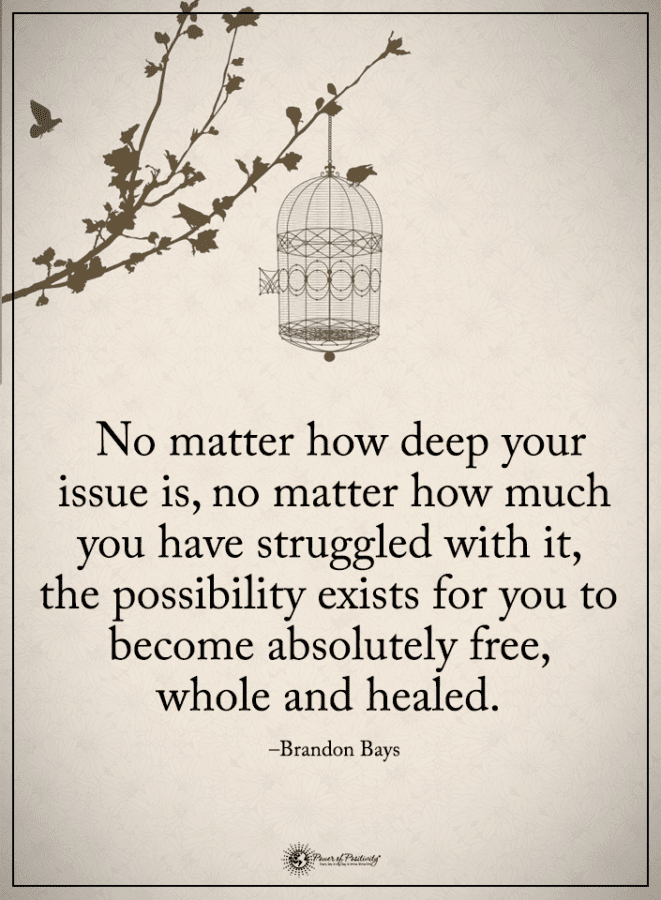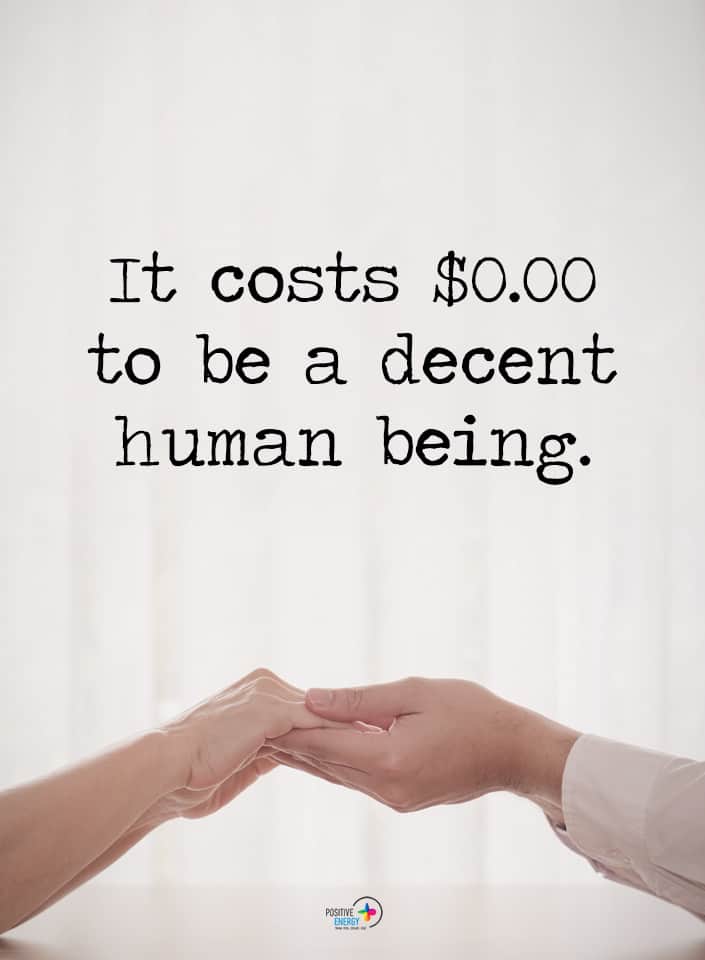Depression, anxiety, and mental health in general have been a hot topic of discussion in recent times, and for good reason. By being vocal about mental illness, people can see that they are not alone, that others suffer just as they do. Being open about mental health allows people to come together and talk about how they feel, and discuss possible solutions.
This mental illness is not something you can just put a bandage on and call it a day; it sometimes requires years of treatment and soul-searching to cure. Even so, a person may just learn to live with it. It’s a soul-sucking disorder that psychologists and doctors are still trying to understand. However, what makes the disorder even more difficult to live with is the constant shame and judgment people cast upon those suffering, as if they don’t have enough on their plate to deal with.
Because of the stigma surrounding mental illness, or out of embarrassment, many people choose to bottle up their feelings rather than admit that they need help, which can lead to deeper depression, self-harm, and even suicide.
Sadly, many people suffering from it don’t seek treatment and try to deal with the feelings alone. The World Health Organization estimates that approximately 350 million people suffer from depression globally. However, this number is probably even higher.
If you or someone you know has depression, you’ll likely recognize these telltale signs. Remember, getting help doesn’t make you weak – it simply means you’re taking matters into your own hands and taking care of yourself.
Here are 7 signs someone might have depression:
“People think depression is sadness. People think depression is crying. People think depression is dressing in black. But people are wrong. Depression is the constant feeling of being numb. Being numb to emotions, being numb to life. You wake up in the morning just to go back to bed again.” – Unknown
1. Withdrawal from activities they once loved.
A key sign of depression is a loss of interest in activities that a person used to enjoy, because depression tends to zap one’s energy. All the person has energy for is getting up, getting dressed, getting to work, and getting back in bed. When you have it, your brain just cannot handle too many activities at once, so you start dropping one here and one there until all you have left is what’s necessary.
If you notice that you or a loved one is starting to miss out on life, then this is a sign of hidden depression.
2. Lack of energy.
It comes as no surprise that those with depression have very low energy levels. Due to the constant feelings of despair and hopelessness combined with sleep problems, poor appetite, and stress, there isn’t much energy left for anything. Even friendships and romantic relationships can suffer because the person may start to withdraw and spend more time alone.
3. Changes in appetite.
Many people with hidden depression will either have an increased or decreased appetite. Gary Kennedy, MD, director of geriatric psychiatry at Montefiore Medical Center in Bronx, New York, says, “A sudden change in weight, either gaining or losing, can be a warning of depression, especially in someone who has other symptoms of depression or a history of depression.”
If someone eats or doesn’t eat due to emotional factors, this could signal depression.
4. Sleeping problems.
According to WebMD, 80% of adults with depression have trouble falling or staying asleep. Patients with chronic insomnia have a tripled chance of developing depression compared to those without insomnia. Many doctors believe that getting treatment will result in fewer depressive symptoms for those with insomnia. A sleepless night here or there doesn’t mean you have depression, but if you have difficulty falling and staying asleep most nights, it could point to hidden depression.

5. Substance abuse.
Many people with hidden depression use substances such as drugs and/or alcohol as a means to treat their symptoms or to escape the real world and their minds for a while. While understandable, this behavior can lead to addiction, which may cause further problems. However, someone with this diagnosis just seeks an escape from their troubled mind if even for a few moments. Indeed, they might see no reason to stop if they aren’t experiencing any health, work, or relationship problems.
6. Trying to put on a mask.
People with depression have become masters at disguising their emotions. They will fake happiness just to appease others or to cover up their own true feelings. Many with depression don’t want anyone else to know they’re struggling. As a result, they will put up a front to avoid embarrassment or judgment.
7. They put all their energy into their work.
You might not think of this as a common symptom of hidden depression. But those who suffer do so silently and use something in their life as an outlet. They often turn to work as a way to escape, because this way, they have somewhere to put all of those pent up emotions. If you notice a friend or family member staying at the office late into the night most days of the week, they might have concealed depression and not just be workaholics.
Final thoughts
Depression is not easy to deal with, and not easy to watch someone suffer from. No matter if you are going through it or someone else, getting help is vitally important. It’s your life and health. So don’t feel guilty or “lesser than others” for having a condition that you did not ask for but which requires treatment to heal from. We wish you health, happiness, and peace, and hope you find a cure that’s right for you.









